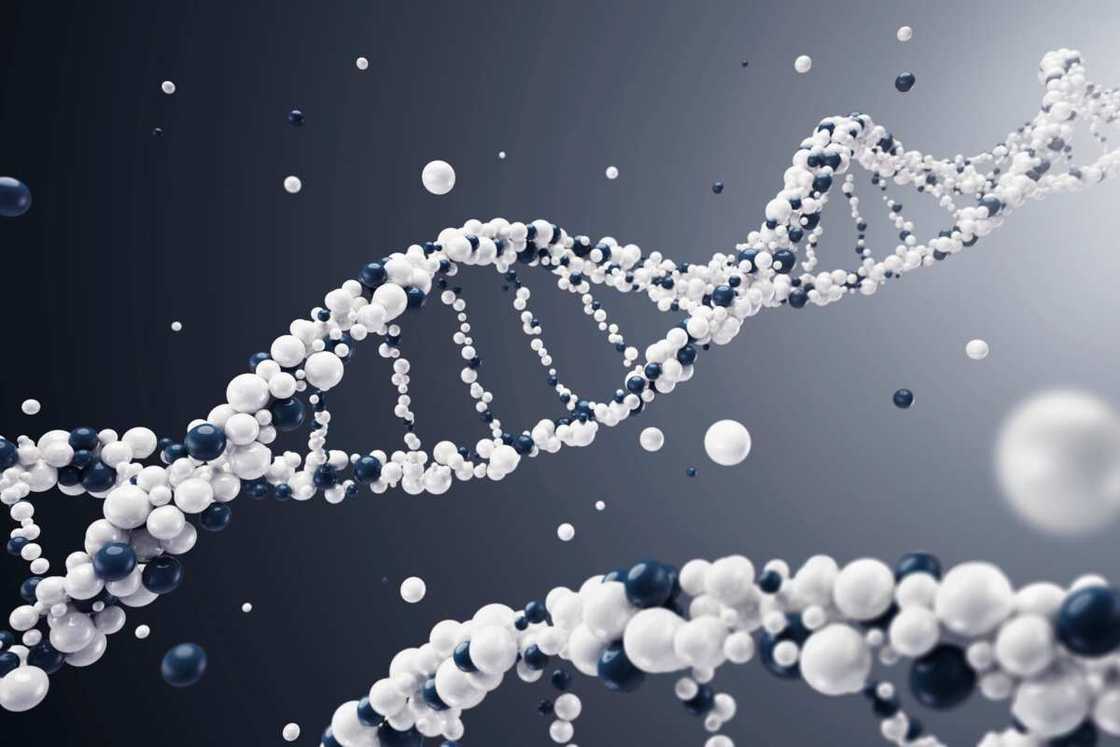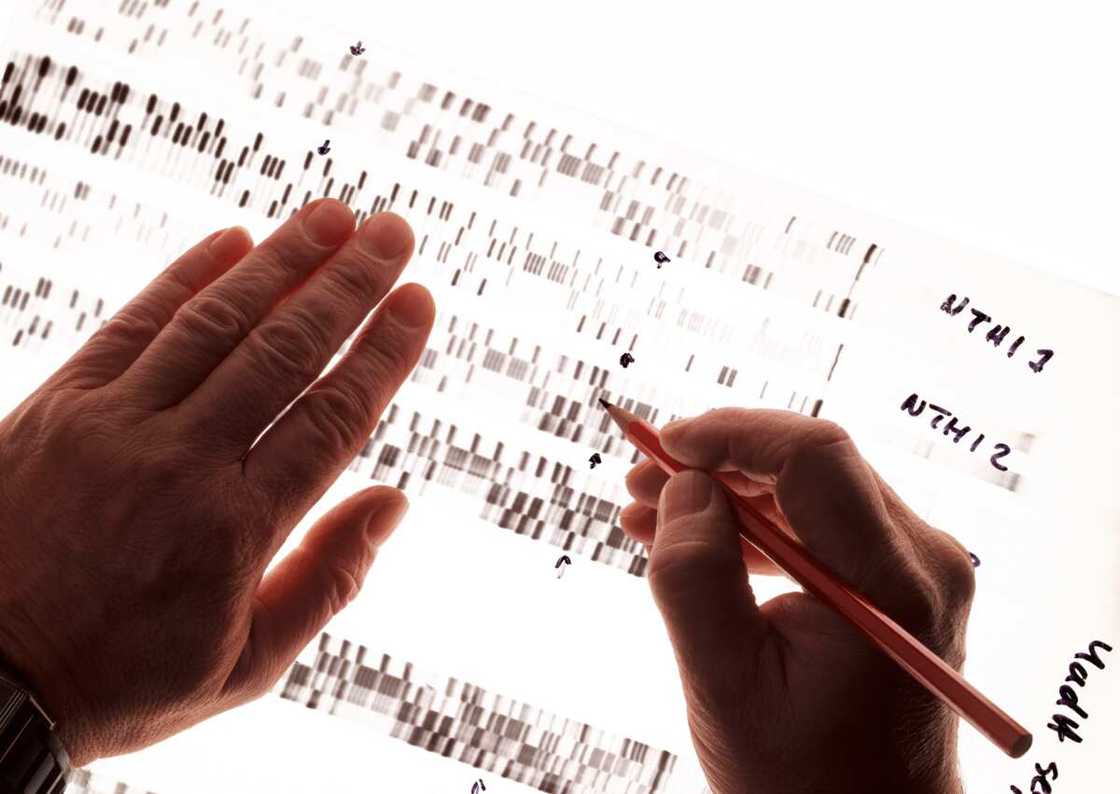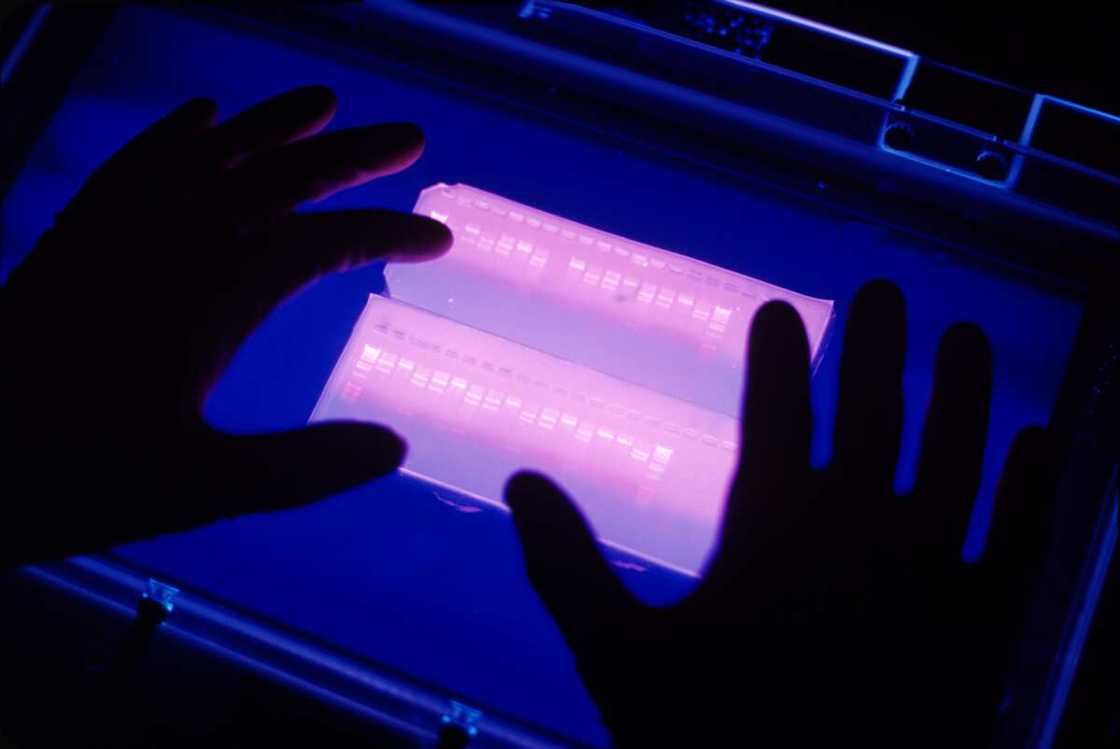Is the serial killer gene real? The fascinating phenomenon explained
Murder is one of the most chilling acts that people dread. Throughout history, many serial killers have existed, making people question their state of mind and wonder whether they are naturally born serial killers. A possible explanation for the homicidal behaviour has been associated with the serial killer gene. Is the gene real or fictional?

Source: Getty Images
TABLE OF CONTENTS
- What is a serial killer gene?
- Is there evidence of a serial killer gene?
- What are serial killer gene symptoms?
- How many serial killers have the serial killer gene?
- Do serial killers occur naturally, or are they nurtured?
- What are MAO-A and CDH13 genes?
- Does everyone have the MAO-A gene?
- Who had the serial killer gene?
- What are some signs of a serial killer?
- Does MAO-A exclusively make one a serial killer?
- Who has the serial killer gene in Riverdale?
With many serial killing incidents, one may wonder what makes a serial killer. Could it be a psychopathic personality disorder caused by genes, or is it conditioning resulting from events? Understanding serial killers is quite challenging, and for a long time, they have been believed to have serial killer genes.
What is a serial killer gene?
The phrase serial killer gene sparked an online debate after Alice Cooper, in the crime-drama TV series Riverdale, revealed to her daughter Betty that she had the gene. This meant that Betty, as her daughter, would also be a serial killer.
The serial killer gene is the monoamine oxidase-A gene, sometimes called the warrior gene. Individuals, especially males, with low levels of the gene tend to be highly aggressive even when slightly provoked.
How do the serial killer genes MAO-A and CDH13 work? These enzymes break down neurotransmitters, including serotonin, norepinephrine, and dopamine. Serotonin and dopamine are happy hormones, while norepinephrine is responsible for flight or fight response in case of danger. When there isn’t enough expression of MAO-A, the metabolism of neurotransmitters is hampered, leading to their accumulation.
The resultant effect of high levels of the neurotransmitters is violent behaviour. In mild cases, one may exhibit antisocial behaviours, but in some severe cases, one can be highly hostile with homicidal tendencies.
Is there evidence of a serial killer gene?
Are the MAO-A and CDH13 genes real? Numerous studies and experiments have been done to determine whether the serial killer gene is real.

Source: Getty Images
An experiment conducted on male subjects by Professor Rose McDermott at Brown University in 2009 suggested that subjects with low-activity MAO-A displayed high levels of aggression. This implies that the gene may influence aggression and violence.
In another study published in 2014 conducted on Finnish prisoners, prisoners with low-activity MAO-A and CDH13 were linked with violence. The serial killer gene test revealed that at least between 5% and 10% of violent criminals in the country were associated with the genes.
A study conducted on a large Dutch family also yielded similar results. A few members of the family who lacked the MAO-A gene exhibited abnormally violent behaviour compared to their kin who had high-activity MAO-A.
From the study conducted about the serial killer genes MAO-A and CDH13, it is safe to say that there is a link between genetics and homicidal behaviour. However, it does not mean that those with low-activity MAO-A will certainly be serial killers but may display high aggression levels.
What are serial killer gene symptoms?
How can you tell if one is likely to become a serial killer? There are several warning signs of one becoming a serial killer, but the symptoms do not necessarily mean that they are destined to be murderers. Here are things or behaviours to look out for.
- Violence against animals - Even though animals, especially domestic ones, are people’s friends, a person showing serial killer signs would mistreat them.
- Uncontrollable aggression - They are easily provoked and overreact even to a minor issue. When their tempers flare, they can do anything harmful.
- Enjoying watching extreme violence - They are sadistic and take pleasure in watching other people suffer or go through intense pain.
- Antisocial behaviour - Although they can easily socialise and make friends, their behaviour is suspicious since they tend to violate others’ rights.
- Weird fantasies - While it is quite normal to fantasise, weird fantasies are not normal. Most serial killers have confessed to fantasising before going on a killing spree.

Read also
"Help us spread the word": Autism expert bemoan lack of media support in sensitising Nigerians
How many serial killers have the serial killer gene?
While there have been many serial killers, not all of them have been proven to have the serial killer gene. A few serial killers with the MAO-A gene have been identified, including Abdemalek Bayout and Bradley Waldroup.

Source: Getty Images
In Abdemalek Bayout's case, an Italian court reduced his sentence by one year based on evidence that he had genetic mutations linked to aggressive behaviour. He was initially sentenced to nine years and three years in prison, but it was reduced by one year after an appeal considered his genetic makeup, which included MAO-A.
In Bradley Waldroup’s case, in which he killed his wife and her friend, it was thought that his drinking habit and anger issues led to the murders. However, it was later established that he was genetically predisposed to be a murderer because a DNA test revealed he had serial killer genes.
Do serial killers occur naturally, or are they nurtured?
For a long time, people have argued whether serial killers are made to be who they are or if they are born with homicidal behaviour as their genetic makeup. However, possibly the two factors influence the creation of a serial killer.
People with low-activity MAO-A are high-tempered, violent, and may commit crimes. Still, the assumption does not seal the fate of all low-activity MAO-A individuals as serial killers. Additionally, other studies have linked environmental factors to causing homicidal behaviours. Such factors include childhood abuse, poor living conditions, and estranged family relationships.
What are MAO-A and CDH13 genes?
They are enzymes found in the genetic makeup of humans. They are usually referred to as serial killer genes. Individuals with low MAO-A are likely to be serial killers due to their high temper and likelihood of violence.
Does everyone have the MAO-A gene?
Yes. However, people have different quantities of the enzyme. MAO-A breaks down neurotransmitters, such as serotonin and dopamine, and if it’s inadequate, one tends to exhibit violent behaviours.
Who had the serial killer gene?
While there have been several serial killers, not all of them have been proven to have the genes. In the trials of Abdemalek Bayout and Bradley Waldroup, DNA tests revealed they were serial killers with the serial killer gene.
What are some signs of a serial killer?
A serial killer may exhibit multiple characteristics, including antisocial behaviours, extreme aggression, violence against animals, and weird fantasies.
Does MAO-A exclusively make one a serial killer?
While studies and experiments have associated MAO-A with serial killing, it is not the only causal factor. Besides genetics, environmental factors, such as poor living conditions and childhood abuse, have also been identified as causal factors.
Who has the serial killer gene in Riverdale?
The main protagonist, Betty Cooper, portrayed by Lili Reinhart, has the gene. She discloses it to her daughter, thinking she will also have the gene.
There is no such thing as a serial killer gene but a name given to the MAO-A enzyme. Even though some studies have linked the enzyme to making people serial killers, it is an assumption that has not been proven beyond doubt. There are other factors, including environmental factors, attributed to making people serial killers.
Legit.ng recently published the meaning of a dry sense of humour. Only a few enjoy it since many do not understand it. Saying that one has a dry sense of humour can be a positive or negative compliment.
Not everyone finds jokes funny. Some people tell jokes that do not seem funny because they express themselves seriously and calmly; thus, some might miss the joke. Learn more about dry humour and how to tell if someone has it.
Source: Legit.ng








